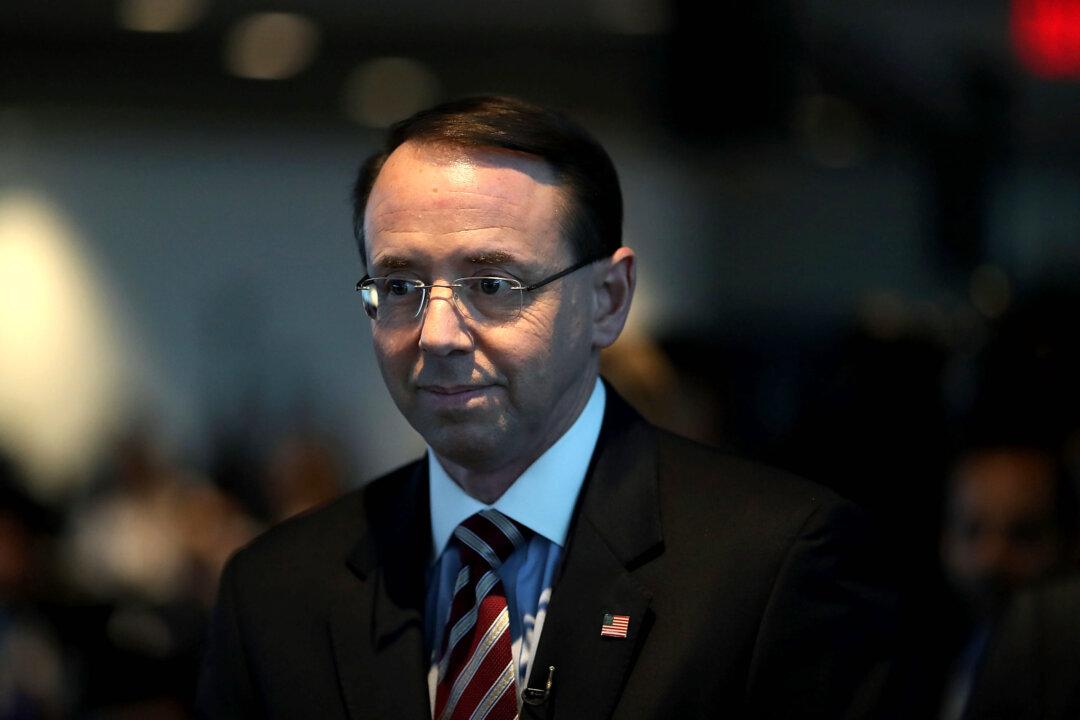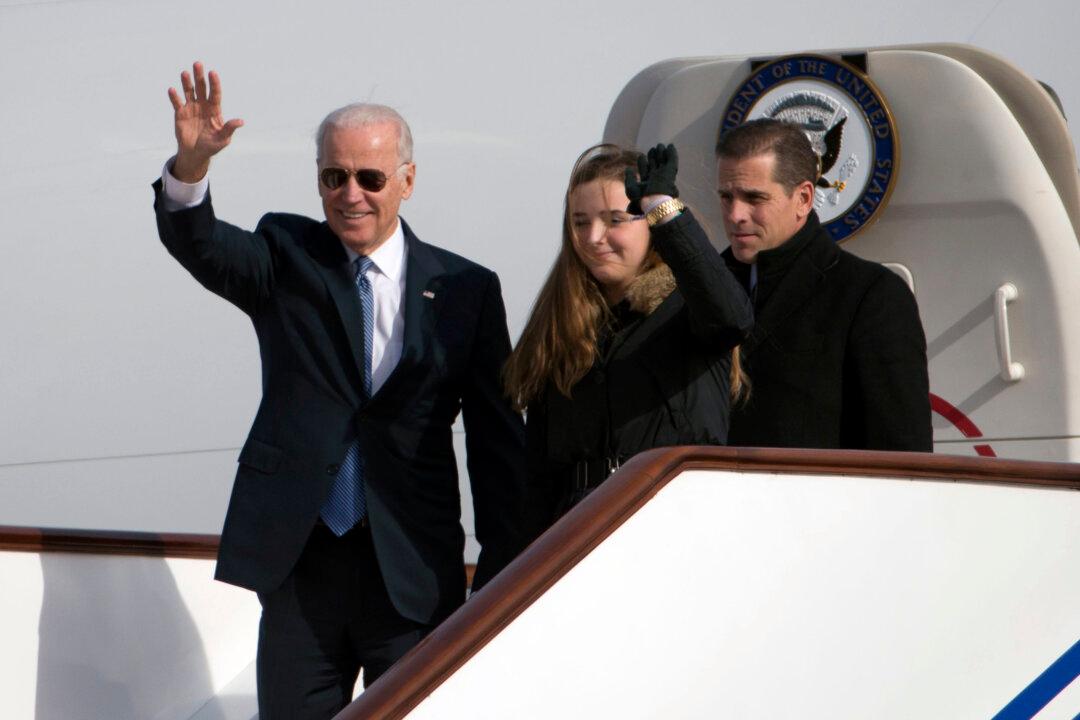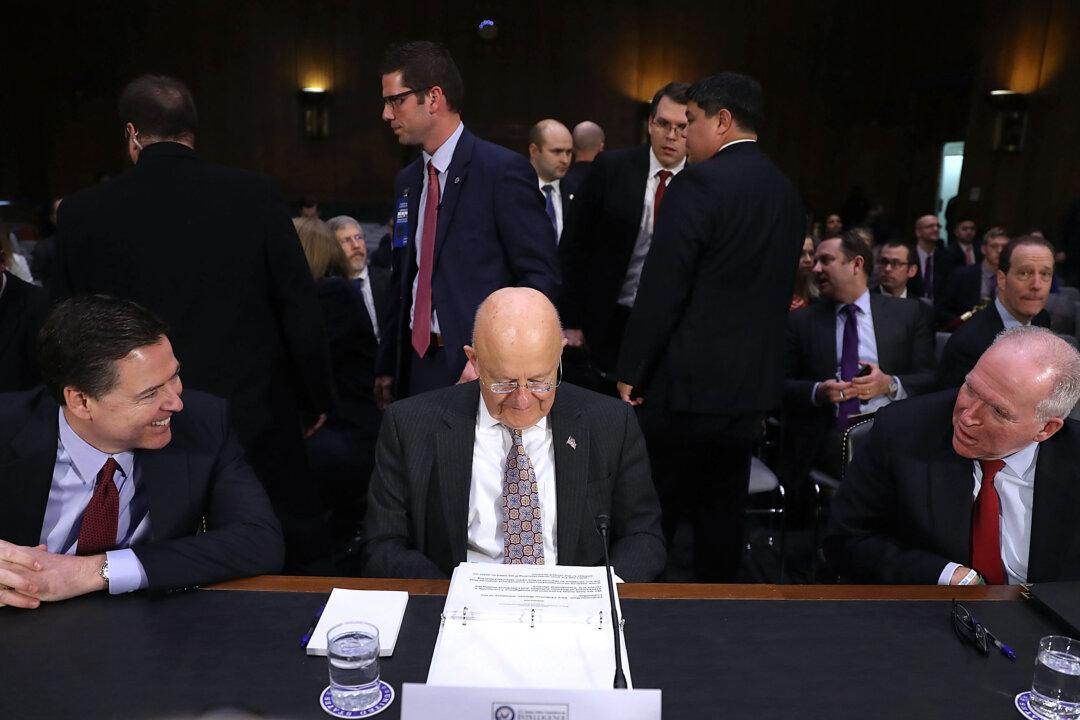Commentary
On April 29, Deputy Attorney General Rod J. Rosenstein submitted his long-awaited resignation letter to President Donald Trump, the man who had selected him for what turned out to be one of the most crucial jobs in his entire administration.





